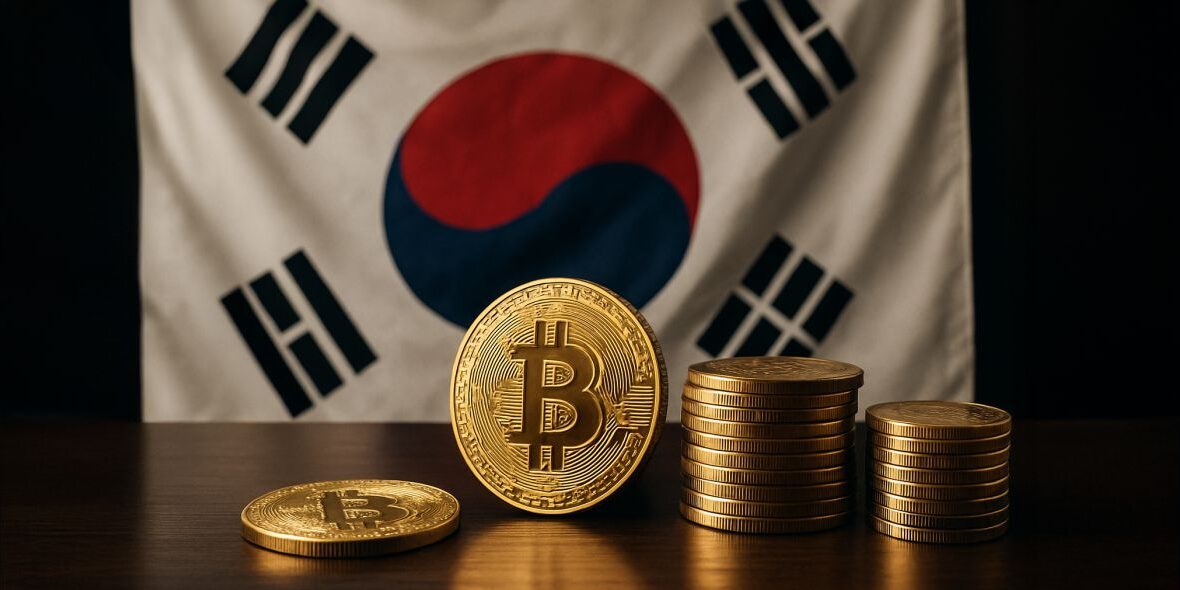Key takeaways
- South Korea’s June 3 presidential election campaign is targeting millions of crypto investors across generations with candidates promising key regulatory changes.
- Kim Moon-soo advocates abolishing the rule of “One Exchange, One Bank” to enhance competition and growth, while Lee Jae-myung remains non-committal, suggesting a preference for maintaining current safeguards.
- Both candidates back the legalization of spot Bitcoin ETFs and seek to boost institutional investment, though Kim favors a more deregulated approach, including enabling public funds to invest in crypto.
- With crypto users forming a third of the electorate, the election outcome could significantly impact the regulatory direction of South Korea’s digital asset landscape, balancing innovation with financial oversight.
South Korea’s presidential election of June 3 has brought cryptocurrency regulations to the forefront, as two of the leading candidates compete for the votes of the nation’s 16 million crypto investors.
Lee Jae-myung, representing the liberal Democratic Party of Korea (DPK), and Kim Moon-soo, from the conservative People Power Party (PPP), have unveiled crypto-centric proposals during their campaign, including the potential legalization of spot Bitcoin exchange-traded funds (ETFs) and a relaxation of current banking rules.
Debate Over “One Exchange, One Bank” Rule
One of the most contentious issues surrounding the country’s crypto industry is the rule requiring each cryptocurrency exchange to partner with just one bank to manage deposit and withdrawal accounts. This policy was introduced to improve oversight and reduce money laundering risks.
Kim Moon-soo seems to want to scrap the rule entirely. He argues that the restriction limits consumer choice, reduces market liquidity, and holds back innovation. He believes lifting it would boost the crypto industry by attracting more institutional investors and giving banks access to new customers and revenue streams.
In contrast, Lee Jae-myung has avoided taking a firm stance on the issue. His campaign has not officially addressed whether to keep or remove the rule. Analysts say this silence suggests Lee favors maintaining the current system, possibly due to concerns that lifting the restriction could increase the risk of money laundering and concentrate market power in the hands of dominant exchanges like Upbit and Bithumb.
Upbit and Bithumb currently dominate the crypto market in South Korea, holding roughly 72% and 25% of trading volume, respectively. Each of South Korea’s five major exchanges is paired with a single bank.
Both the banking and virtual asset industries have long advocated for regulators to permit exchanges to establish partnerships with multiple banks, citing concerns that the current rule undermines system stability and limits consumer choice. For banks, such partnerships promise increased deposit holdings, an influx of new customers, and additional revenue from firm banking fees.
ETF Legalization and Institutional Investment in Focus
Despite having differing views on the “One Exchange, One Bank” rule, both candidates support legalizing spot Bitcoin ETFs and encouraging institutional investment in digital assets. Lee aims to integrate cryptocurrencies into the mainstream financial system by reducing transaction fees, creating unified oversight, and promoting digital finance as a wealth-building tool, especially for young people.
Kim Moon-soo also favors a deregulated environment. His plan includes allowing major public funds like the National Pension Service to invest in crypto, to stabilize the market and signal confidence.
Indeed, with over 16 million South Koreans trading cryptocurrency, which totals to about one-third of the electorate, crypto policy could have a major impact on election results. Whoever wins may shape the country’s financial future by either tightening control or opening the door to a more market-driven digital asset landscape.







